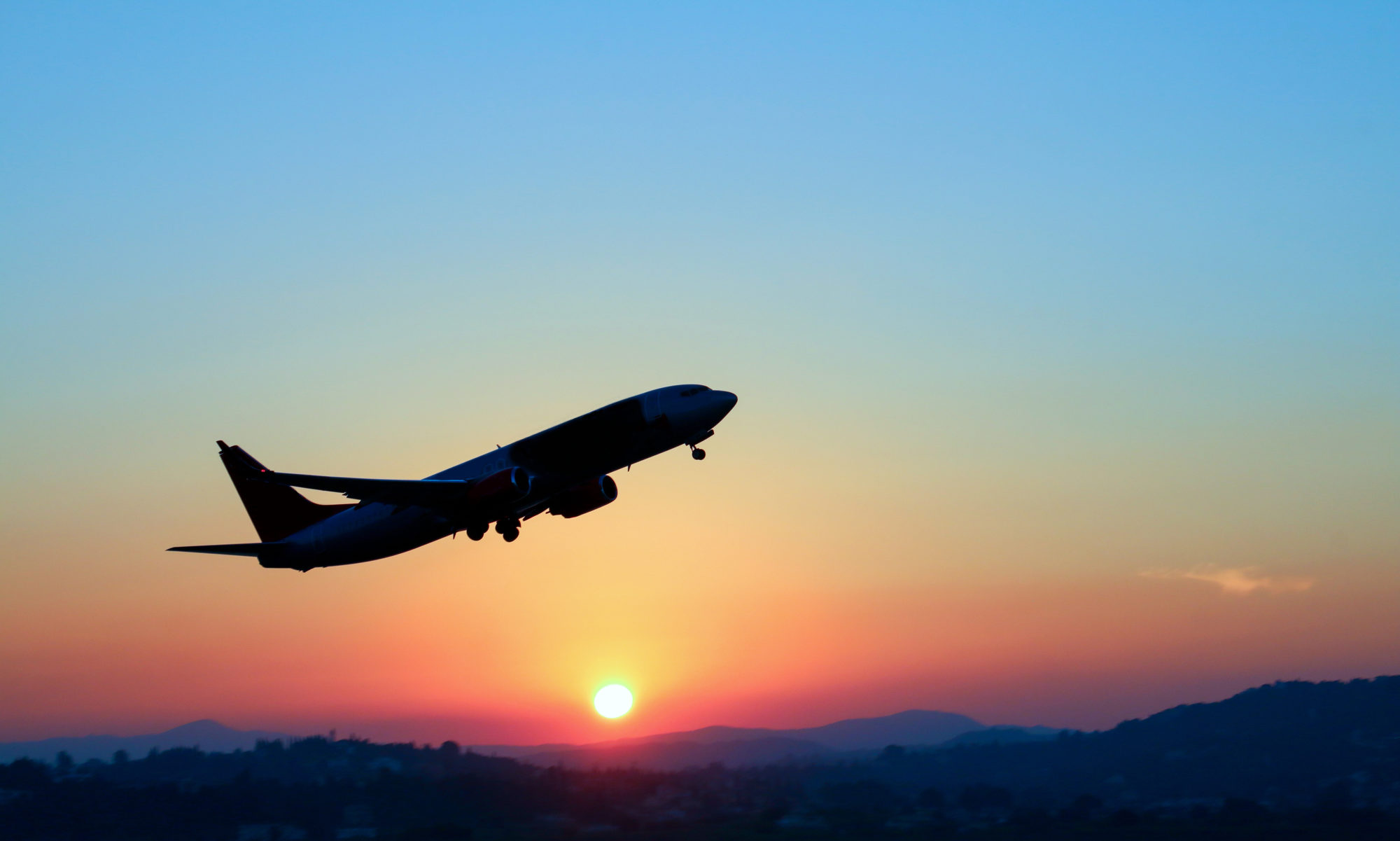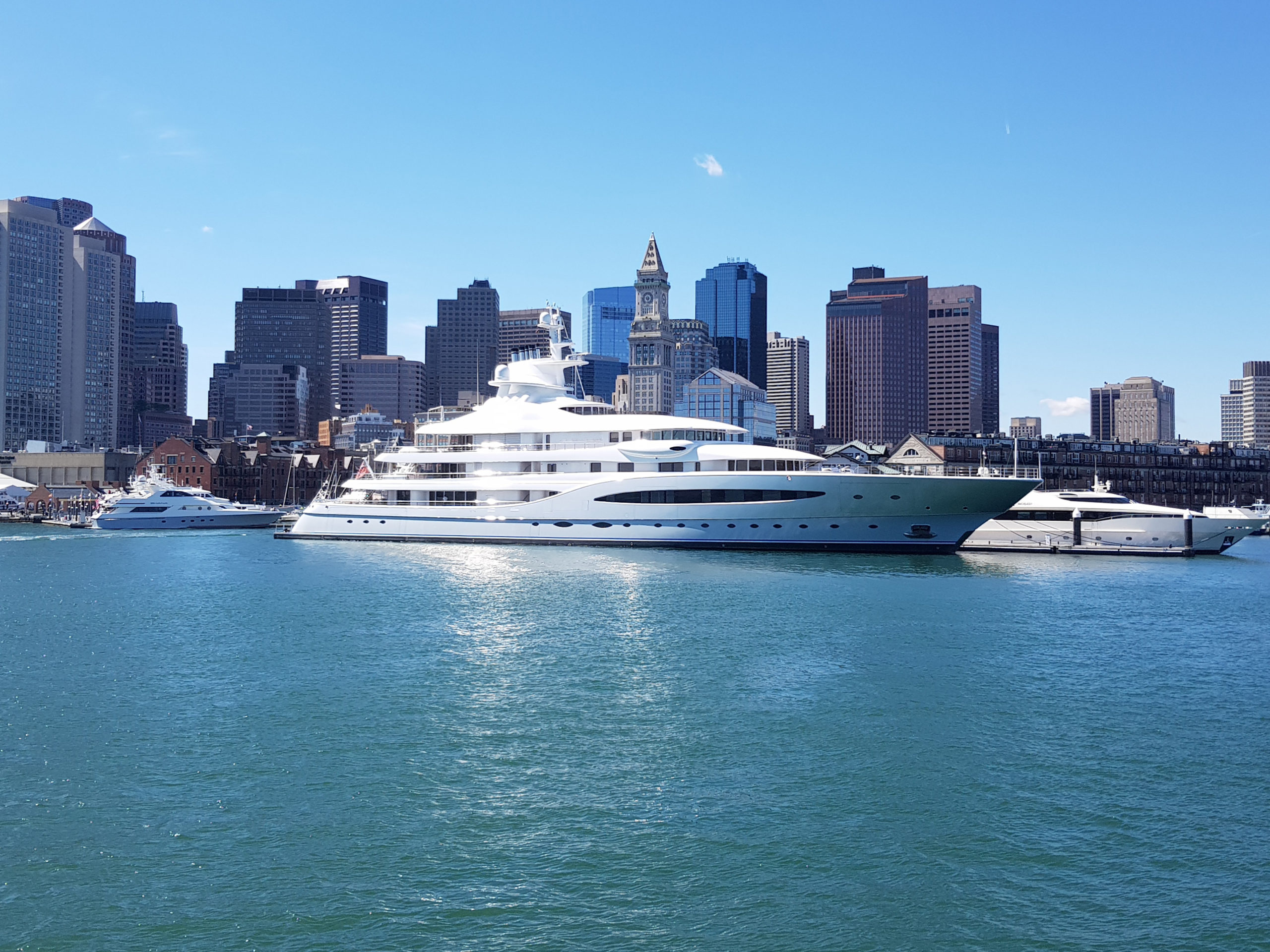If you feel the need to lift your spirits, plan ahead, “break free,” you could do worse than start scouring the Internet for deeply discounted cruise packages now being offered by the world’s leading cruise lines in anticipation of a post-COVID pent-up demand for leisure travel.
You may have to wait until late 2021 to board—that appears to be the most realistic projection anticipated by cruise professionals at this point—but there aren’t that many travel options in the meantime. And cruise companies have loaded up their packages with plenty of safeguards to protect your investment should it be delayed further or should your plans change, for whatever reason—and you may not even have to give a reason. Full cash refunds on-demand are now standard throughout the industry. If not, 125 or 150 per cent credits for changes, cruise delays, or cancellations remain an option. It’s a buyers’ market as it’s never been.
And Canadians are big cruise buyers. According to the Conference Board of Canada, they were projected to have taken more than one million cruises in 2019, and had accounted for 3.4 per cent of all global cruise activity every year since 2016
Even dry-docked, cruise ships sell
While much of the world’s fleet of almost 300 ships has been moored in ports around the world, some cruise agents report that they have taken in more reservations for future cruises than they have processed cancellations.
However, until the US Centers for Disease Control and Prevention (CDC) drops or seriously modifies its No Sail Order, there won’t be any cruises out of US ports of vessels carrying more than 250 passengers. The CDC has jurisdiction for all cruise ships sailing in US waters or docking at US ports. Though most ships sail under foreign flags, they are not exempted from that jurisdiction. Moreover, the world’s three biggest cruise lines, Royal Caribbean, Norwegian Cruise Line, and Carnival Corporation (which also controls Princess, Holland America, Costa, Cunard, and several other major lines), are all headquartered in South Florida.
The CDC has imposed tough standards that ships will have to meet when they return to sea, but so have the cruise lines themselves. The cruise industry concurs with most of CDC’s standards, and a Health Standards Panel convened by Royal Caribbean and Norwegian Cruise Line (including third-party scientists and other disease prevention and health specialists) has published a 64-page guide of specific actions and standards they recommend for all cruise carriers. What they presage is a far leaner style of cruising: fewer passengers per vessel to allow for appropriate distancing; shorter cruises (maximum 7 nights); tighter controls on port stop visits; on-board testing capabilities for passengers showing symptoms, including daily temperature checks for all passengers and crew; more medical staffing and resources; and on-board quarantining cabins or isolation units should an outbreak occur.
The standards also rule out self-serve buffets (reason enough for gourmands to book and rebook), and retain routine masking in situations where distancing is not feasible, while allowing maskless indoor or outdoor dining where distancing is sufficient. But no more poolside dance parties—not in the immediate future anyway.
One special caution we must highlight
At present, Travel Canada still advises against all cruise travel and warns that anyone returning to Canada from a cruise is subject to quarantine. If that advisory is still in force by your embarkation date and you choose to follow it, make sure you understand your cruise line cancellation options. Many now offer cancellation benefits up to 48 hours prior to travel, but you need to read the fine print.
Also, before you make any final arrangements for your cruise, consult with your travel insurance advisor to make sure your plan covers COVID-related disruptions (which many in Canada do), and that it provides coverage for trip cancellations or interruptions (which may be necessary if your cruise vessel is forced to change or shorten its itinerary). Insurance sold by cruise lines does not have the extensive medical/repatriation benefits that Canadian travel insurance provides.
© Copyright 2021 Milan Korcok. All rights reserved.

